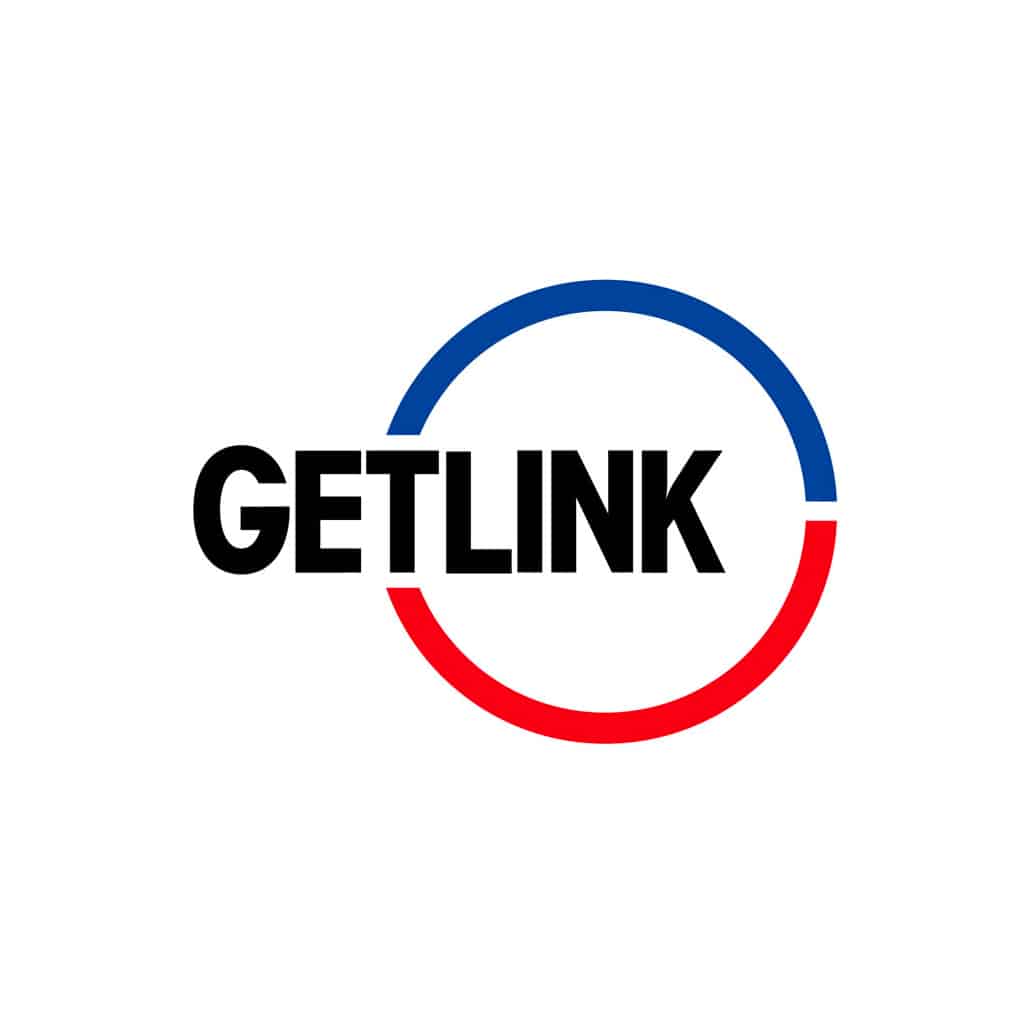Oleo100 biofuel to replace diesel in freight locomotives

The initial project aimed to test on existing freight locomotives the substitution of non-road diesel (NRD) by Oleo100 biofuel, a fuel derived from French rapeseed residues on Europorte freight locomotives (GETLINK group) which reduces greenhouse gas emissions on the routes concerned by about 60%. The tests of this first-of-a-kind innovation being succesful, Getlink is now developing the project, from 2022, on a medium scale.
Main project's drivers for reducing the greenhouse gas (GHG) emissions
Energy and resource efficiency
Energy Decarbonisation
Energy efficiency improvements
Improving efficiency in non-energy resources
Emissions absorption
Financing low-carbon producers or disinvestment from carbon assets
Reduction of other greenhouse gases emission
Project objectives
The project must confirm the technical feasibility of replacing Non-Road Diesel (NRD) with biofuel despite logistical and commercial constraints.
The non-road diesel (NRD) consumed for locomotive traction represents the first item of the GETLINK group GHG inventory (24000 tonnes CO2e in 2021 for 9 million liters diesel consummed). The reduction of these emissions related to traction fuel is a key issue for the Group. The replacement of NRD with agrofuels in current locomotives reduces these emissions by at least 60% from well to wheel.
The initial project in 2021 made it possible to confirm the feasibility of using Oleo100 biofuel on Euro4000 locomotives during a full-scale test over a period of 3 months (and not on a test bench because the group does not have the operational latitude to be able to demobilize one of its locomotives) and to specify the prerequisites operational (positioning of fuel tanks and supply, identification of possible operational impacts, adjustment of driving and maintenance procedures, etc.).
As the test was quite successful without identifying any limiting obstacles, this second phase should make it possible to expand the fleet and the train paths concerned in order to significantly reduce the emissions of this item. This project represents both a logistical challenge (supplying biofuel at the right pace and in the right places) and a commercial challenge (finding the relevant flows and ensuring the economic equation).
The fuel used is developed from 100% French rapeseed by SAIPOL, subsidiary of the AVRIL group. The product used is a co-product resulting from the transformation of rapeseed into edible oil and protein-rich oil serving as a cake for the nutrition of livestock.
Link to biofuel:
https://oleo100.com/oleo-assets/uploads/2020/02/oleo_1911161_brochure_oleo_210x297mm_8pages-2.pdf
Emission scope(s)
on which the project has a significant impact
- Emission scopes
- Description and quantification of associated GHG emissions
- Clarification on the calculation
Scope 1
Direct emissions generated by the company's activity.
Scope 2
Indirect emissions associated with the company's electricity and heat consumption.
Scope 3
Emissions induced (upstream or downstream) by the company's activities, products and/or services in its value chain.
Emission Removal
Carbon sinks creation, (BECCS, CCU/S, …)
Avoided Emissions
Emissions avoided by the activities, products and/or services in charge of the project, or by the financing of emission reduction projects.
Scope 1 –Reducing emissions from burning biofuel in locomotives.
- Scope 1 before-project (project-wide) = 1542 tCO2
- 600 000 litres
- EF NRD : 2.57 kgCO2/l
Scope 1 after-project = 664 tCO2
- 600 000 litres
- EF Oleo 100 : 1.106 kgCO2/l
878 tCO2 reduction (for the annual consumption indicated above)
Scope 3 – Reducing emissions from upstream biofuel in locomotives.
Scope 3 before-project (project-wide) = 354 tCO2
- 600 000 litres
- EF GNR : 0.59 kgCO2/l
Scope 3 after-project = 0 t
- 600 000 litres
- EF Oleo 100 : 0 kgCO2/l
354 tCO2 reduction(for the 3 months of the trial)
By totaling the gain in Scope 1 and Scope 3, the project saves 1232 tons of CO2 over 12 rolling months (i.e. 4% of Group’s emissions).
The Oleo100 emission factor (EF) of 1.106kgCO2/l is the result of a durability calculation as part of the Saipol certification scheme audited by Bureau Veritas.
It should be noted that according to the carbon accounting rules of the GETLINK group (based on public benchmarks and in particular the ADEME database), emissions related to the combustion of Oleo100 (like all biofuels) will be counted as zero. Nevertheless, the overall gain (scope Scopes 1 and 3) will remain the same as in the approach adopted in this sheet.
Key points
Invested amount
No hardware investment cost. Costs are operating costs related to the purchase and supply of the biofuel
Starting date of the project
6 july 2021 – extension starting in summer 2022
Project localisation
In 2021 : Experiment on the routes Nogent-sur-Seine (10) / Dunkerque (59) and Nogent-sur-Seine / Sotteville-lès-Rouen (76).
In 2022 : continuation of this path and extension to traffic to other rail routes in France: Nogent (10)/Salaise (69)
Project maturity level
Prototype laboratory test (TRL 7)
Real life testing (TRL 7-8)
Pre-commercial prototype (TRL 9)
Small-scale implementation
Medium to large scale implementation
Economic profitability of the project (ROI)
Short term (0-3years)
Middle term (4-10 years)
Long term (> 10 years)
At this stage the project is not profitable given the unit price per litre of biofuel and the unfavourable tax gap between RNG and Oleo100.
Illustrations of the project
The biofuel used improves air quality by significantly reducing emissions of fine and ultrafine particles.
The rapeseed used is part of a trajectory of progress, particularly on its environmental balance with a real policy of defense of biodiversity (cultural rotation, pollinating activity, non-irrigated culture…). The production of traction energy from food residues is also a successful example of a circular economy contributing to national energy independence.
In this sense, the project contributes to the following SDGs:
- SDG 3 Good Health and well-being
- SDG 11 Sustainable Cities and Communities
- SDG 13 Climate Action
This test project aims to be able to expand the use of Oleo100 to about 1.1 million liters per year by 2023, which will eventually represent a reduction of 2340 tons of CO2 per year.
Partnerships with EUROPORTE, AVRIL/SAIPOL and STADLER have been initiated through this project.
Contact the company carrying the project :
Romain.dufour@getlinkgroup.com
